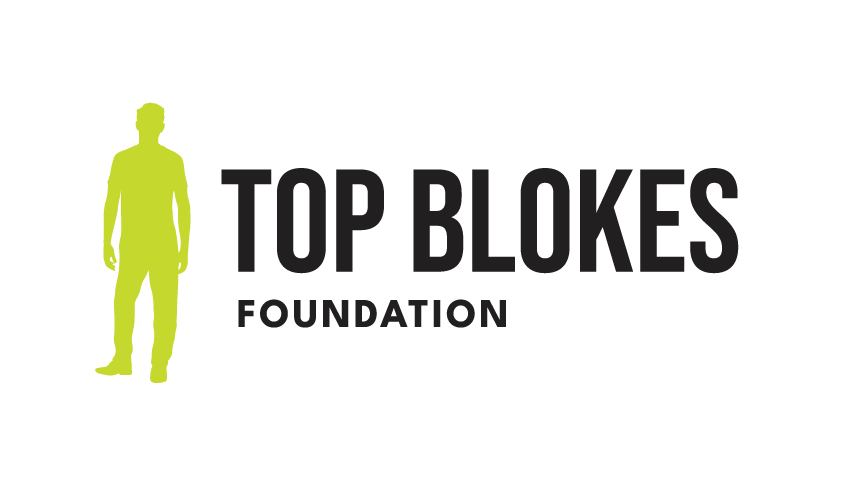Last week, Movember released a powerful new report, Young Men’s Health in a Digital World, shining a spotlight on something we see through our work: masculinity influencers aren’t just shaping the algorithm — they’re shaping identity, health, and belonging.
The report, based on insights from over 3,000 young men across Australia, the UK and the US, shows that nearly two-thirds of young men are engaging with this content. Many say it makes them feel more optimistic, more motivated, more in control.
But it also reveals something much deeper: higher rates of psychological distress, risk-taking behaviours like steroid use, and regressive beliefs around gender.
It’s a double-edged sword. And it demands a thoughtful response.
What the report tells us.
Movember’s research finds that:
- 63% of young men regularly engage with masculinity influencers.
- Many report feeling motivated and inspired by this content, but also more distressed, worthless, and more likely to engage in risky health behaviours.
- The influencers providing structure, motivation and identity also often promote regressive ideas about gender roles and social norms, inflamed by influencers in this space, building up resentment and a victim mentality.
These findings paint a picture of a generation trying to navigate a digital minefield. Young men are searching for certainty, connection and clarity in an increasingly noisy and polarised online world.
We get it. Because we hear it too.
Top Blokes isn’t just watching this play out through a screen. We’re on the ground every day listening to boys who are living through it.
We hear what they admire: “He just says it how it is.” “He’s confident.” “He’s got rules to live by.”
But we also hear what’s underneath: “I don’t really know who I am.” “I just want to stop feeling angry all the time.” “Sometimes I think I’m not good enough for anyone.”
One of our Youth Workers recently shared,
“One of the boys told me he watches this influencer because he teaches him how to be successful with women. But when I asked what he really wanted, he said: ‘Someone who actually gets me.’ At first it seemed like he was seeking advice and tips, but really, he was looking for connection and for someone to truly see him.”
That’s the space we work in. Where boys might start talking about success, but what they’re craving is connection. Structure. Safety. Identity.
The appeal makes sense. Let’s not shame it, let’s meet it.
Masculinity influencers offer what feels like clarity: a script. A playbook. In a world that feels uncertain, that kind of certainty can be magnetic.
And that’s exactly why we don’t believe in shutting down the conversation – we believe in reshaping it.
At Top Blokes, we offer something different:
- Not a rulebook, but an authentic mentoring relationship.
- Not a five-step formula, but a group of young men in a room being open and vulnerable, many for the first time.
- Not online influence, but in-person guidance from youth workers who’ve walked the hard roads, can meet young men where they are at and lead conversations with empathy, not criticism.
Another Youth Worker put it like this:
“A lot of boys come in thinking they need to be ‘alpha’ to be respected. But when they see a room where vulnerability is respected just as much as confidence? That’s when things change.”
What the report confirms, and what we’ve known all along
Movember’s report makes clear: we don’t need to shut down the conversation – we need to reshape it. At Top Blokes, we believe young men deserve support that:
- Meets them where they are, including in schools, in the community, and yes, in their online worlds.
- Equips them to think critically through media literacy, emotional intelligence, and self-awareness.
- Shows them diverse ways to be a man. Not through judgment, but through real, relatable alternatives.
- Listens to and learns from their voices. Because young men aren’t just part of the problem, they’re a big part of the solution.
We don’t need a war on influencers. We need a wake-up call to invest in the real-world relationships and programs that actually equip young men for the pressures of today’s world.
It’s a reminder to policymakers, parents, schools, and platforms that certainty without care is dangerous. It’s a call to society – when we give boys the tools to think critically and act courageously, they can and will rise to the challenge.
Our message to young men
To every young man navigating this space: We see you. You’re not weak for feeling confused, pressured, or unsure of who you are. You’re not alone. And you don’t have to follow someone else’s script to be strong.
Being a Top Bloke doesn’t mean you’ve got it all figured out. It means you’re showing up, having the hard convos, backing your mates, and being real with yourself.
That’s the kind of masculinity we want to grow. We’re proud to be doing that work with thousands of young men every year.
One thing we know for sure: When boys feel seen and supported, they don’t need a script to become a man. They write their own.




